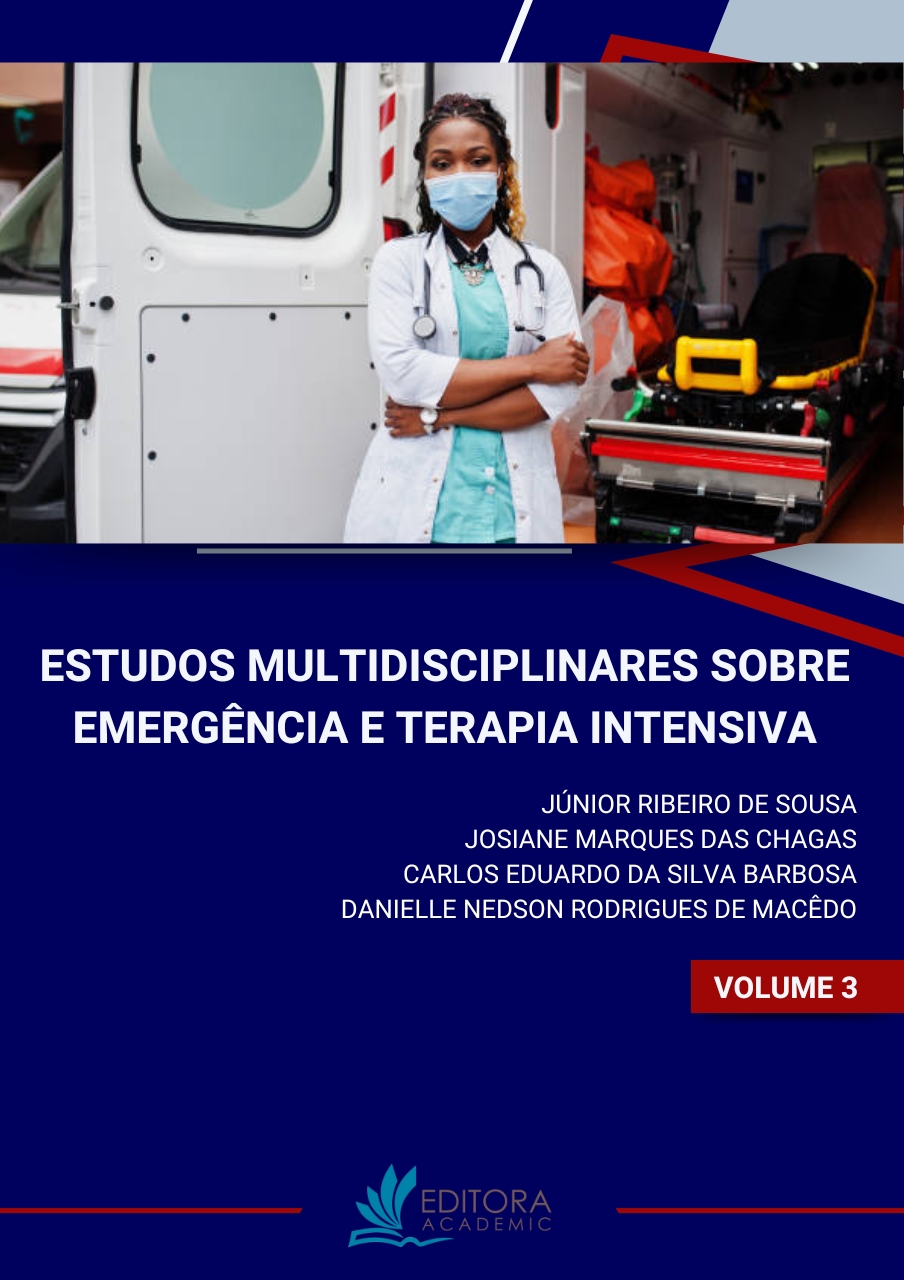
Objetivo: Este estudo é uma revisão integrativa de literatura que busca analisar e comparar os dados relacionados ao uso de ocitocina no período pré-parto e sua influência na ocorrência de hemorragias pós-parto. Metodologia: O levantamento bibliográfico foi realizado a partir de artigos buscados nos seguintes bancos de dados: Biblioteca Virtual em Saúde (BVS), PubMed, e ScienceDirect. Como critérios de inclusão, foram considerados artigos científicos completos, em inglês, de acesso livre e publicados nos últimos 5 anos. Foram excluídos deste trabalho artigos de revisão integrativa, de revisão sistemática e os artigos que não responderam à pergunta norteadora. Resultados e Discussão: Foram escolhidos 16 artigos que atendiam às demandas propostas. Após a análise dos dados, observou-se que a ocitocina pode ter efeitos maléficos e benéficos, sendo possível correlacionar até onde a ocitocina é prejudicial ao risco de HPP e até onde ela pode ajudar a preveni-la. Considerações Finais: Notou-se que o reforço com ocitocina teve um efeito maléfico na experiência de parto das gestantes em análise - com malefícios como a cesariana ou parto vaginal instrumental, partos mais longos, recém-nascidos com índice de Apgar& #60; 7 e hemorragias pós-parto a qual é influenciada pela dessensibilização dos receptores de ocitocina no miométrio. Por outro lado, foi constatado que os resultados de alguns estudos apoiam o uso do misoprostol (prostaglandina E-1) como adjuvante da ocitocina, uma vez que reduz a incidência de HPP, elimina a necessidade de intervenções intrusivas e, em última análise, reduz a mortalidade materna.